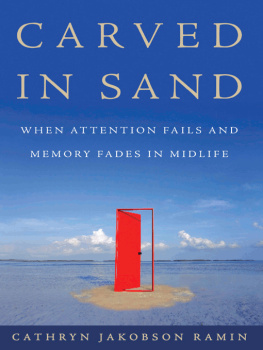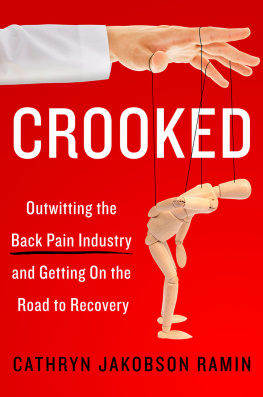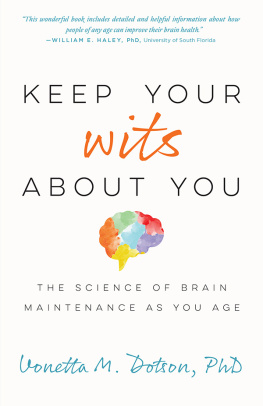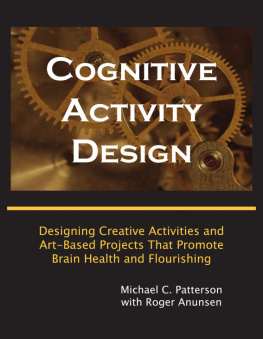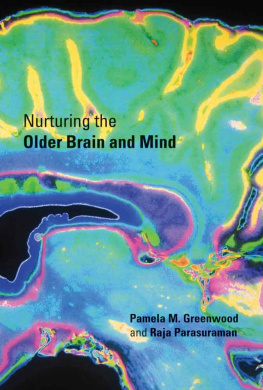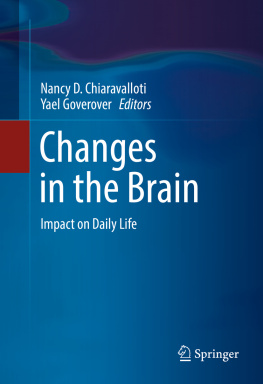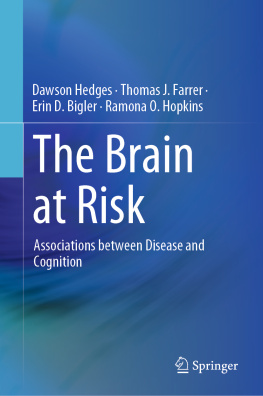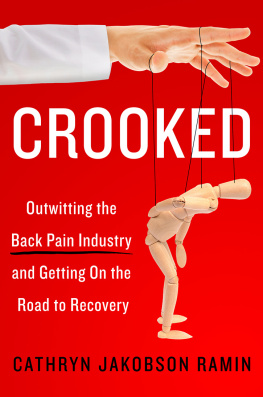Human memory is a marvelous but fallacious instrument. The memories which lie within us are not carved in stone; not only do they tend to become erased as the years go by, but often they change, or even increase by incorporating extraneous features.
Forgetfulness
The name of the author is the first to go followed obediently by the title, the plot, the heartbreaking conclusion, the entire novel which suddenly becomes one you have never read, never even heard of,
as if, one by one, the memories you used to harbor decided to retire to the southern hemisphere of the brain, to a little fishing village where there are no phones.
Long ago you kissed the names of the nine Muses goodbye and watched the quadratic equation pack its bag, and even now as you memorize the order of the planets,
something else is slipping away, a state flower perhaps, the address of an uncle, the capital of Paraguay.
Whatever it is you are struggling to remember, it is not poised on the tip of your tongue, not even lurking in some obscure corner of your spleen.
It has floated away down a dark mythological river whose name begins with an L as far as you can recall, well on your own way to oblivion where you will join those who have even forgotten how to swim and how to ride a bicycle.
No wonder you rise in the middle of the night to look up the date of a famous battle in a book on war. No wonder the moon in the window seems to have drifted out of a love poem that you used to know by heart.
Billy Collins
Most Precious Possession
T here was no way around it. Something was happening to my mind. I felt vague and foggy. I couldnt remember what Id read for much longer than it took to get to the bottom of the page. Almost overnight, I found that I was missing critical informationthe names of people and places, the titles of books and movies. Words, my stock-in-trade as a writer, had started to play hide-and-seek. Thoughts popped in and out of my mind, barely formed, so evanescent that even when I dashed for paper and pencil, I didnt have time to record them. My mental calendar, once easily summoned, grew elusive and developed blank spots, as did my sense of direction. My life became billowy, amorphous, as if someone had removed the support poles from my tent. The change was so dramatic that sometimes I felt foreign to myself.
Id barely crossed the threshold of middle age. It was a bad time, made worse because I was afraid to tell anyone what had befallen me. I didnt have the words to describe it, or the heart to contend with the solicitous expressions I expected to encounter if I spoke up. Whatever this was, it was mine alone. As a journalist, I was invested in staying smart and quick, mistress of my good brain and my sardonic tongue. Secretly, I assumed that I had lost my edge, a ruinous thing in my business. I had a lovely husband and two beautiful young sons. As rich as those blessings made me, my identity and my self-esteem depended on the quality of my thinking.
A chance conversation with a fifty-year-old friend, one of the sharpest women I know, made me realize that I was not alone. One morning, over coffee, she explained that she was quitting her job. She had suffered a string of frightening moments, when her mind emptied as quickly as the shoreline before a tsunami, leaving her feeling, as she put it, like an old fool. Id seen my aunt hold up two index fingers, close her eyes, and ask me to wait while she worked her way through a senior moment, but as far as I was concerned, such lapses were the exclusive domain of people who were much older.
My memory is shot, my friend muttered. It could be stress, or depression, or insomnia, or menopause, or that I hate my job, or that I was crazy to wait until I was forty-four to have a child. What I know is that Im working with people who are twenty-five years younger than I am and they will not cut me any slack. I dont know how bad it will get, or how it will end, but Ill tell you one thing: Id rather die than lose my mind.
Within a few weeks, she stopped working and started taking Zoloft: Her psychiatrist was convinced that depression was to blame for her memory troubles. Although depression is often a catalyst for midlife memory impairment, it is not the only cause. Worth considering is the converse: The apparently sudden onset of cognitive troubleswith onerous implications in terms of aging and professional successcould be harrowing enough to bring it on. I could no longer visit her in the midafternoon because she required a long daily nap. I watched her previously robust self-confidence disappear as her world contracted.
Soon after, I went to the movies with my husband. On the short drive home, I realized that I couldnt remember the title of the film, which I had liked very much, or the name of the actor who played the leading role. For some reason, this was the last straw. It shook me up. The bulldozer that had run over my friend was already rolling in my direction. I wasnt going to lie down for it. If there was some way to fight these alterations in memory and attention, to snatch my brain out of harms way, Id summon the gumption, and Id fight.
I began with the self-help books, of which there were many, each of which promised that (with a little work) I could capture forever the names of people I met at cocktail parties. Presumably intended for an older audience with a good deal of armchair time at its disposal, the books bored and frustrated me. I found it difficult to remember their tips and tricks, and impossible to pay sufficient attention to the brainteasers to solve them. I struggled through the diagnostic quizzes that populated the pages of the self-help books, feeling that they werent intended for my demographic. I filled out multiple-choice tests that asked how often I hunted for missing itemsnever, once a week, every other day or once a day, or multiple times a day. Who were they kidding? People in their forties (and many in their fifties) were still in the stage of life where, in the course of an hour, theyd need to track down sneakers, missing homework assignments, a single green sock and a stuffed animal. Add those to the search for the missing car keys, the elusive digital file, the shopping list and the lunch meat, and life became a perpetual treasure hunt. No wonder people were obsessed with getting organized. The aisles of the Container Store, the newest behemoth in our local mall, were filled with middle-aged people determined to get a grip on their lives.
Over the course of a few years, as many of my friends and relatives moved into their forties and fifties, I began to realize that actually, I was part of a large group of middle-aged people who were struggling to keep up. When Sol Wisenberg, then the government counsel, asked former president Bill Clinton to repeat the details of an exchange hed had eight months earlier with Vernon Jordan, regarding Monica Lewinsky, the fifty-two-year-old Clinton said that he couldnt remember. To many, it sounded like a convenient excuse, but not to me. I believed him. Why should he be different from anybody else? In The Starr Report, published in 1998, he was uncharacteristically forthcoming: If I could say one thing about my memory, he told Wisenberg, I have been shocked and so have members of my family and friends of mine at how many things I have forgotten in the last six yearsI think because of the pressure and pace and volume of events in a presidents lifeIm amazedthere are a lot of times that I literally cannot remember what happened last week.

